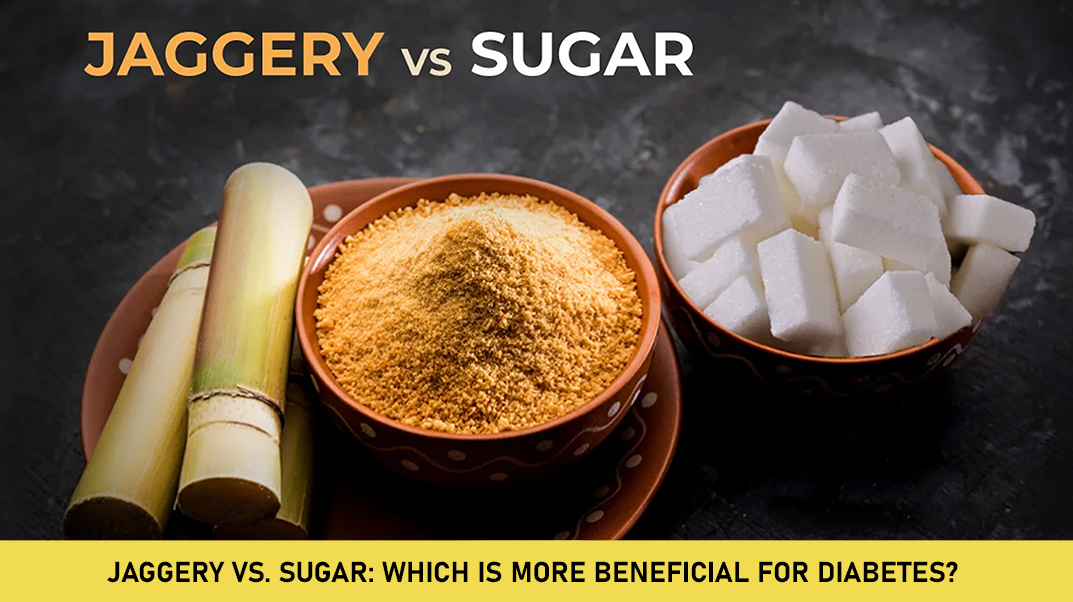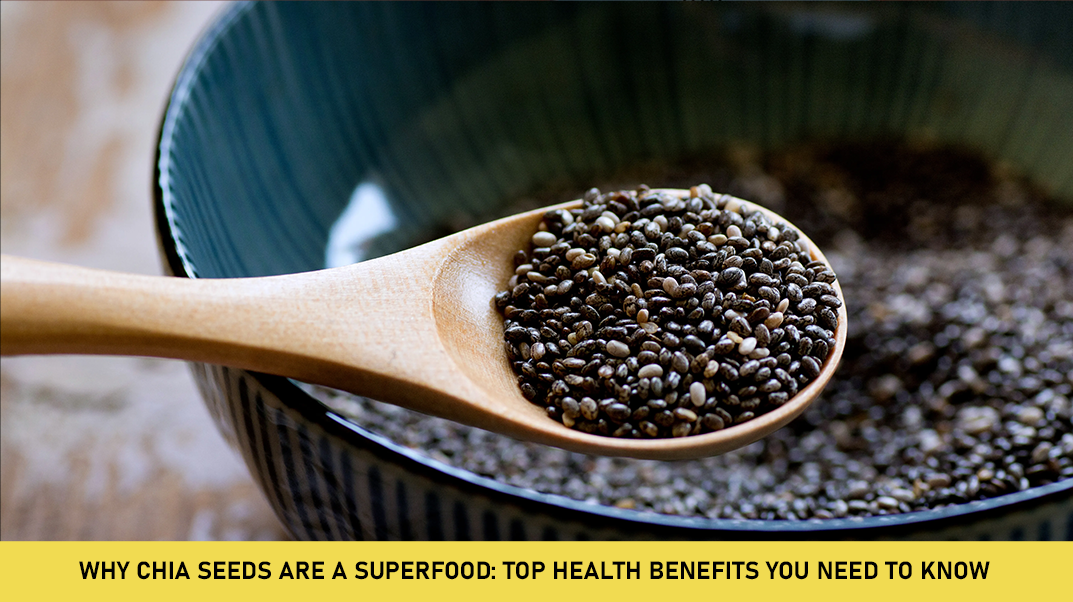When managing diabetes, one of the critical aspects of your diet is controlling sugar intake. As people seek alternatives to refined sugar, jaggery has emerged as a popular choice. But how does jaggery stack up against sugar when it comes to diabetes management? This blog explores the differences between jaggery and sugar, analyzing which might be more beneficial for people with diabetes.
Understanding Jaggery and Sugar
Sugar, commonly referred to as table sugar or sucrose, is a refined product derived from sugarcane or sugar beets. It is processed to remove all impurities, resulting in a pure carbohydrate with no additional nutrients.
Jaggery, often called “gur” in India, is an unrefined sugar made from sugarcane juice or palm sap. It undergoes minimal processing, which helps it retain some of the natural nutrients found in its source. Jaggery appears as a solid block or granules and is known for its rich, caramel flavor.
Nutritional Comparison
- Sugar: Refined sugar provides energy but lacks essential nutrients. It is essentially empty calories, contributing to blood glucose spikes without offering additional health benefits.
- Jaggery: Jaggery contains small amounts of minerals like iron, calcium, magnesium, and potassium, which are absent in refined sugar. It also has antioxidants that can help combat oxidative stress. However, despite these nutrients, jaggery is still primarily composed of carbohydrates and has a high calorie content.
Glycemic Index and Blood Sugar Impact
The Glycemic Index (GI) measures how quickly a carbohydrate-containing food raises blood glucose levels. Lower GI foods cause a slower, more gradual increase in blood sugar, which is generally preferable for diabetes management.
- Sugar: Refined sugar has a high GI, causing a rapid increase in blood glucose levels. This can lead to significant blood sugar spikes, which are undesirable for people with diabetes.
- Jaggery: Jaggery has a slightly lower GI compared to refined sugar, meaning it may cause a slower rise in blood sugar. However, the difference in GI is not substantial enough to make jaggery a safe choice for people with diabetes if consumed in large quantities.
Health Benefits and Considerations
- Jaggery:
- Nutrient Content: Jaggery’s trace amounts of vitamins and minerals might contribute to overall health and well-being.
- Digestive Health: It is traditionally believed to aid digestion and support liver function.
- Antioxidants: Jaggery contains antioxidants that may help reduce oxidative stress.
- Sugar:
- No Nutritional Benefits: Sugar lacks essential nutrients and provides no additional health benefits.
- Immediate Energy: It provides quick energy but at the cost of causing rapid blood glucose spikes.
Impact on Diabetes Management
For individuals with diabetes, the primary goal is to manage blood glucose levels effectively. Although jaggery contains some nutrients and has a slightly lower GI compared to sugar, it is still high in carbohydrates and calories. Consuming jaggery in large amounts can lead to blood glucose spikes similar to those caused by refined sugar.
Conclusion
While jaggery does offer some nutritional advantages over refined sugar, it is not a miracle solution for diabetes. Its high carbohydrate and calorie content means it can still contribute to elevated blood glucose levels if consumed in excess. For optimal diabetes management, it is best to limit the intake of all sweeteners, including jaggery and sugar, and focus on a balanced diet rich in low-GI foods.
When considering dietary changes, including the use of jaggery or sugar alternatives, it’s essential to consult with a healthcare provider or a dietitian. They can provide personalized advice based on individual health needs and help create a meal plan that supports effective diabetes management.





